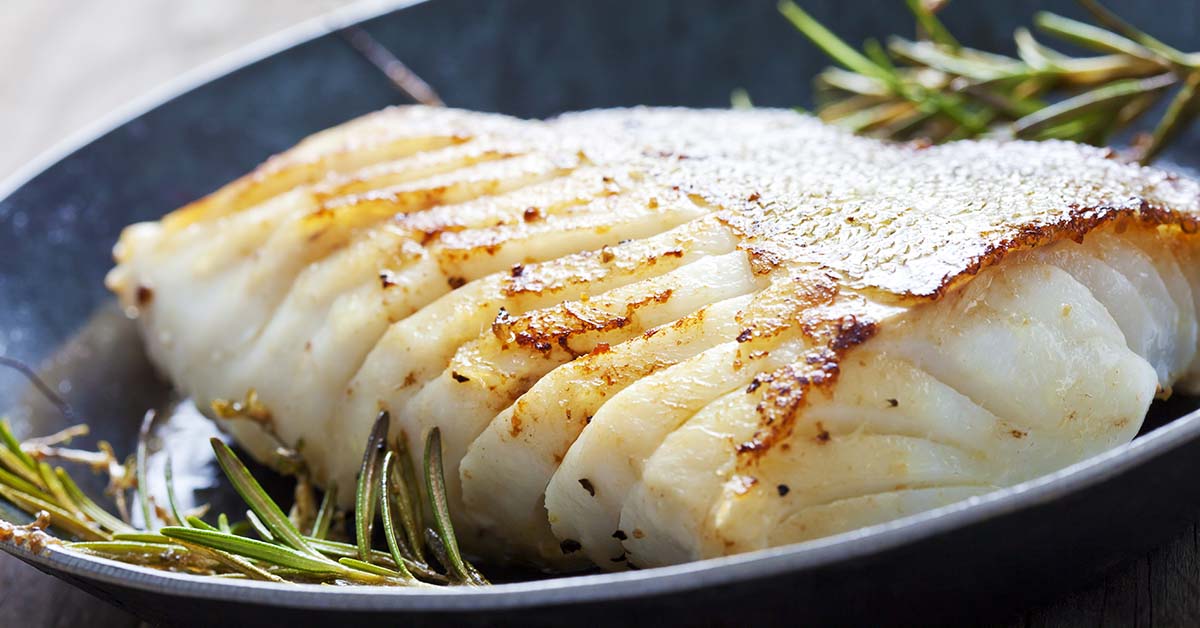The Mediterranean diet has won the title of being the best overall diet according to 2023 rankings for the U.S. News and World Report. It’s won the previous five years as well. And for good reason. It’s based on natural foods but with enough flexibility to work for people with various food restrictions and needs. Research has shown it can reduce the risk for many diseases such as diabetes, high cholesterol, depression, and even breast cancer. So it may be no surprise to learn that a new study links it with a lower risk of mortality for women in the United States.
What is the Mediterranean diet?

As so named, the Mediterranean diet is based on foods naturally available in countries around the Mediterranean Sea. The fundamental guidelines of this diet include olive oil as the main source of fat, low to moderate amounts of dairy, fish and poultry a few times a week, red meat infrequently, fresh fruits for dessert, processed sweets eaten only a few times a week, and an abundance of seasonal and local produce, nuts, legumes, and whole grains. There is also a lifestyle to accompany it, often involving social interactions while dining, mindful eating, and regular exercise.
Read More: This is the #1 vitamin kids aren’t getting enough of, according to Dietician
Lowering the risk of mortality

The new study included data from 25,000 women for the past 25 years. Researchers noticed that those whose diet most resembled the Mediterranean diet were less likely to die during that period of time. This correlation remained even when the study’s authors looked at other factors that impact lifespans such as age, exercise routines, history of smoking, etc.
The women were ranked in terms of lowest adherence to the Mediterranean diet, intermediate adherence, and high adherence. Compared to the ones in the low group, the intermediate group were 16% less likely to pass away during the study. Meanwhile, those in the high group had a 23% lower risk of dying. When the authors factored in alcohol intake, exercise habits, smoking, and menopausal details, the intermediate group had an 8% lower risk, and the high group had an 11% lower risk. Keep in mind that this is a reduced risk of death from any cause, including cancer and heart disease.
“It suggests that the health benefits in reducing mortality are explained by its effects on harmful blood metabolites, inflammation, insulin resistance, and body weight rather than by reducing total and LDL cholesterol,” said Dr. Frank Hu, a professor of nutrition and epidemiology at the Harvard T.H. Chan School of Public Health, who wasn’t involved in the study.
Foods to eat on the Mediterranean diet

As the study shows, one does not need to strictly adhere to the Mediterranean diet in order to reap some of the benefits. Instead, it can be used as a template that can be molded to individual lifestyles. Here is a starting point for those who want to try it:
Foods to enjoy on the Mediterranean diet:
- Vegetables, especially leafy greens
- Fruits
- Nuts, seeds, and nut butter
- Legumes like beans, lentils, peanuts, and chickpeas
- Whole grains
- Fish and seafood
- Poultry
- Eggs
- Dairy
- Herbs and spices like garlic, basil, mint, cinnamon, and pepper
- Healthy fats like extra virgin olive oil, olives, avocados, and avocado oil
- Drinks include water, coffee, tea, fruit juice without added sugars, and red wine with meals
Read More: Fodmaps Diet: If Chronic Bloating or IBS Is Ruining Your Life, Try This
Foods to limit or avoid

- Foods with added sugar, like bakery goods and ice cream
- Any drinks with added sugar, like sodas
- Beer and liquor
- Trans fats are found in some margarine, fried foods, etc.
- Foods high in sodium or saturated fat
- Refined carbohydrates like white bread
- Highly processed foods like fast food
- Fatty or processed meats
How to bring the Mediterranean diet into your life

The diet is not restrictive, which makes it easier to adjust to and maintain compared to other diets. Plus, you can slowly adapt to it instead of overturning your lifestyle all at once. Here are a few changes to begin with:
- Start using extra virgin olive oil instead of butter and other oils
- Start snacking on nuts and olives every day
- Incorporate whole grains into your meals in the form of country-style loaves without added sugar, or eat bulgur, buckwheat, or whole-grain pasta
- Add a green salad to every meal
- Add a variety of seasonal vegetables to lunch and dinner
- Cook more instead of eating out
- Swap beer or liquor with red wine
- Eat poached or fresh fruit for dessert, and save cake and ice cream for special occasions
- Prioritize fresh, local, and seasonal foods
Read More: Menopause diet: 5 Things Every Woman Needs to Know About Menopause
Sources
- “Mediterranean Diet Adherence and Risk of All-Cause Mortality in Women.” JAMA Netw Open. Shafqat Ahmad, PhD, M. Vinayaga Moorthy, PhD, Min Lee, MBBS, ScD. May 31, 2024
- “The more women followed this diet, the longer they lived.” LA Times. Karen Kaplan. May 31, 2024
- “Mediterranean Diet.” Cleveland Clinic. June 3, 2024
- “A practical guide to the Mediterranean diet.” Harvard Health Publishing. Katherine D. McManus, MS, RD, LDN. March 22, 2023
- “Best diet for 2023 is the science-backed Mediterranean style of eating.” CNN. Sandee LaMotte. January 7, 2023

